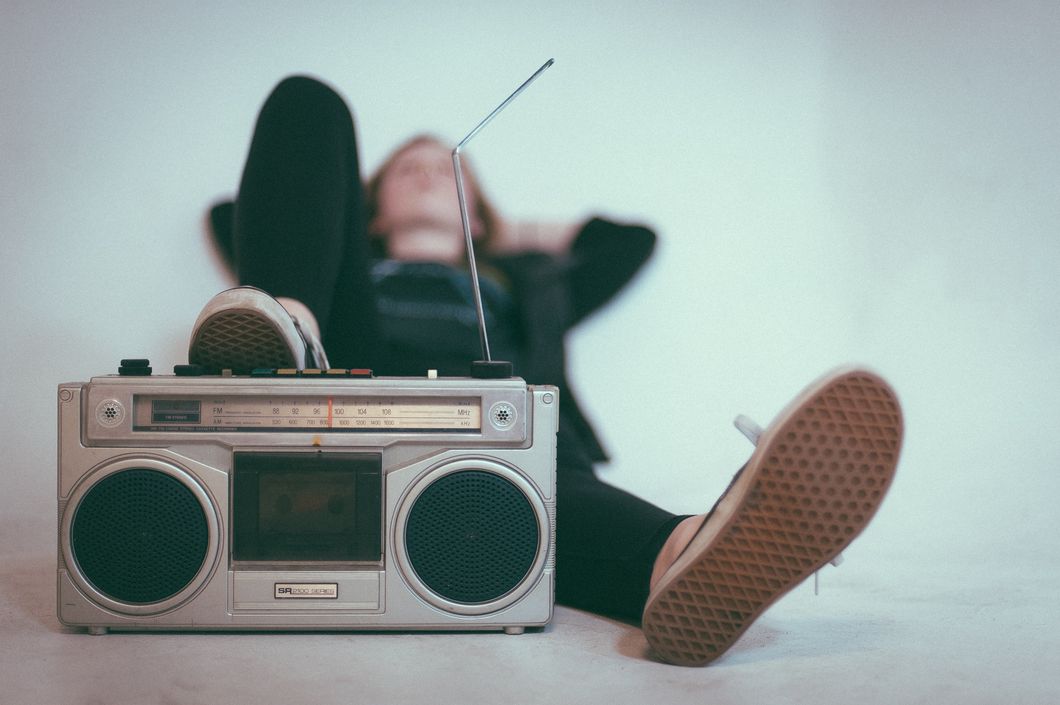Driving thirty miles over the speed limit on accident because a banger is playing. Sitting on your bed crying even harder because of the song that just came on shuffle. Falling asleep to the sound of the peaceful music. Dancing the night away through the vibrations of the bass. The power that music has to alter our sentience is incredible, but hardly even realized.
Various studies show that the majority of people prefer to listen to sad music when experiencing loss or feelings of despair. Sad music can provide a substitute for whatever is being lost or mourned over. Playing sad music when you are already sad can be compared to having an empathetic friend; someone who you feel really understands what you're going through. Song lyrics have a mystical way of being almost too relatable to believe, explaining how sad music makes us feel less alone.
People who consistently listen to upbeat music are said to have a better mood and more overall happiness in just two weeks. Listening to feel good music actually releases dopamine, a chemical in the brain that is involved in both motivation and addiction. Listening to a song for the first time, and anticipating what the next lyric or beat will be, helps to give us this pleasure we feel. There is a strong link between dopamine release and musical pleasure, proving that "happy music" actually will boost your mood and make you feel something.
Hip-hop and rap are arguably the most frequently played genres by young people. These have been the defining soundtracks of the streets, parties, and car rides. Though historically they have never been thought of as therapeutic, research is beginning to show that rap and hip-hop are actually useful tools in helping to treat depression and low self-esteem. Even the rappers themselves are said to enter something similar to an "alternate state of mind" while freestyling. As more promising findings begin to unfold, the established barrier between rap and therapy will hopefully be broken down even further.
The mind is also able to associate a song with a particular event or time in life. For instance, if a song was playing during a devastating time, you will probably never be able to listen to the song without thinking about it. Or if a song played during your first kiss, your mind will immediately remember that person when the song is heard again. Songs have the ability to bring upon the feeling of nostalgia or remorse. This is because music is not only related to our emotions, but also to our memory.
As apps such as Apple Music, Spotify, and SoundCloud grow in popularity, the act of creating playlists is seen more in more. Playlists are used as a way to group music into categories titled with headings such as "chill", "party", or "work out." The brain is able to categorize songs specific to certain activities, based solely on how the music makes us feel. While music can be played in the background of stores, or from a speaker while doing homework, it is easy to ignore. Having the television on is something that requires your constant attention, while music does not require any regard. This makes it easy to be oblivious by the sounds heard subconsciously by our ears, but when you take the time to really listen to a song, your mood can be completely changed.




















